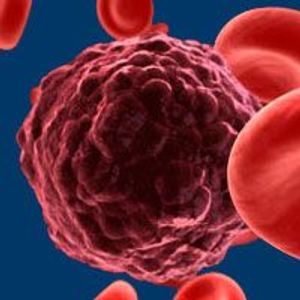Articles by Virginia Powers, PhD

Few immune-mediated adverse events were observed with frontline durvalumab plus platinum-based therapy and etoposide in patients with extensive-stage small cell lung cancer, and no treatment-emergent antidrug antibodies were elicited by the PD-L1 inhibitor, according to an analysis of the phase III CASPIAN trial reported at the 2019 ESMO Immuno-Oncology Congress.

Patients with high-risk relapsed/refractory chronic lymphocytic leukemia who failed or were intolerant of ibrutinib derived more benefit from CD19‐targeted CAR T-cell therapy when the BTK inhibitor was concurrently administered than when it was not.

The CAR T-cell therapy lisocabtagene maraleucel demonstrated high rates of response, including minimum residual disease in blood and marrow in patients with relapsed/refractory chronic lymphocytic leukemia or small lymphocytic lymphoma.
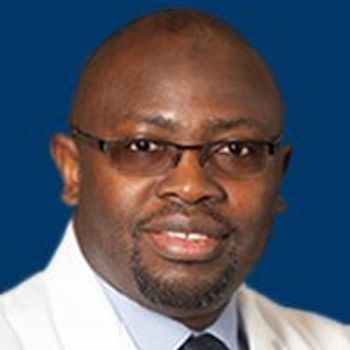
No overall survival advantage was obtained from maintenance therapy comprising nivolumab (Opdivo) alone or in combination with ipilimumab (Yervoy) over placebo in patients with extensive-stage small cell lung cancer.
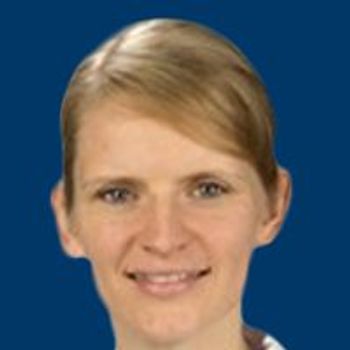
Patients with multiple myeloma who relapsed following allogeneic stem cell transplantation and also failed several posttransplant therapies demonstrated a strong response to daratumumab salvage therapy.
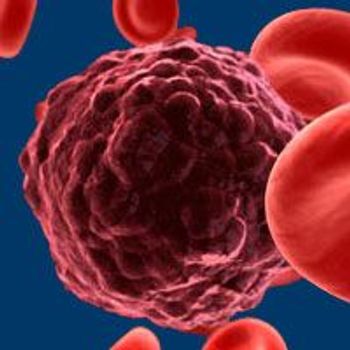
Sequential administration of CAR T-cell therapy targeting both the CD19 and CD22 antigens demonstrated high complete remission rates and improved long-term survival in patients with relapsed/refractory B-cell acute lymphoblastic leukemia following allogeneic hematopoietic stem cell transplant.

At a median follow-up of 14.1 months, the chimeric antigen receptor T-cell therapy tisagenlecleucel achieved an objective response rate of 52% in adult patients with relapsed/refractory diffuse large B-cell lymphoma.

A CAR T-cell therapy specific for CD22 was safe and provided high response rates for pediatric patients with B-cell acute lymphoblastic leukemia who had failed chemotherapy and/or a CD19-targeted CAR T-cell treatment.

A compound CLL1/CD33-targeted CAR T-cell therapy showed a complete remission with minimal residual disease (MRD) negativity in a single-patient case study from an ongoing phase I study for relapsed/refractory acute myeloid leukemia.

Treating primary tumors by administering targeted therapy with sunitinib (Sutent) prior to cytoreductive nephrectomy did not improve the progression-free rate at 28 weeks over a sequence of immediate CN followed by sunitinib in patients with synchronous metastatic renal cell carcinoma.
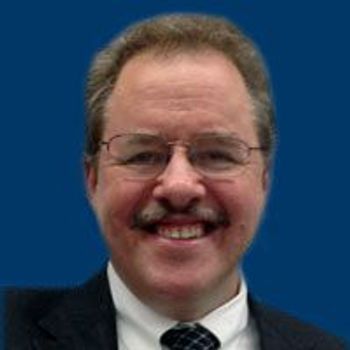
CTL019, an investigational chimeric antigen receptor T-cell therapy, demonstrated high response rates and a manageable safety profile in pediatric and young adult patients with relapsed and/or refractory acute lymphoblastic leukemia.

Results from the phase III Myeloma XI study showed that patients with myeloma had deeper responses after induction and after allo-stem cell transplantation with outpatient-delivered quadruplet therapy than with sequential immunomodulatory triplet combinations.

All patients with multiple myeloma in a phase I study showed a response following treatment with an active dose of bb2121, an investigational anti–BCMA CAR T-cell construct.
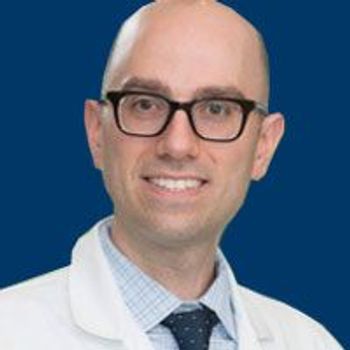
Investigators reported the characterization of early clinical and serum biomarkers that may identify specific patients with ALL being treated with 19-28z chimeric antigen receptor T cells needing an early intervention to mitigate the development of severe neurotoxicity.

While treatment with nivolumab (Opdivo) significantly improved overall survival over docetaxel in patients with advanced non–small cell lung cancer in the CheckMate-057 trial, an analysis of deaths occurring within 3 months of initiation of therapy showed numerically more deaths in the nivolumab arm.

Patients with non-small cell lung cancer who had ceased to respond to EGFR TKI therapy demonstrated a rapid and robust response to the investigational agent BI-1482694 (HM61713).

Infusions of CTL019 achieved durable responses and showed an acceptable safety profile in heavily pretreated patients with CD19-positive non-Hodgkin lymphoma.















